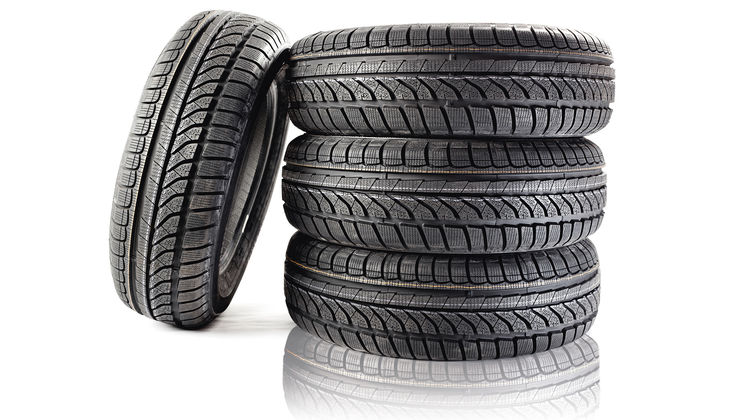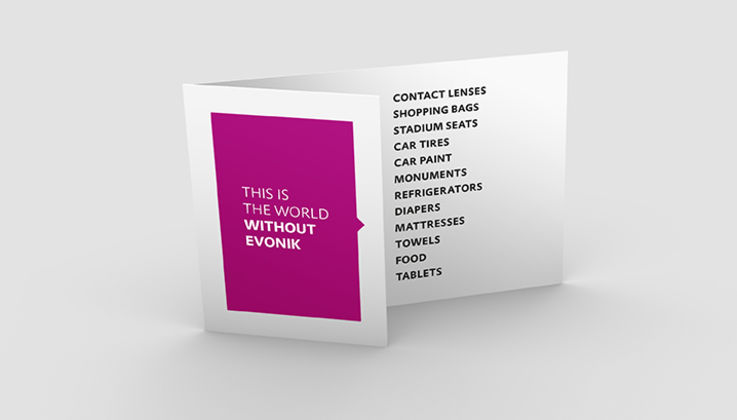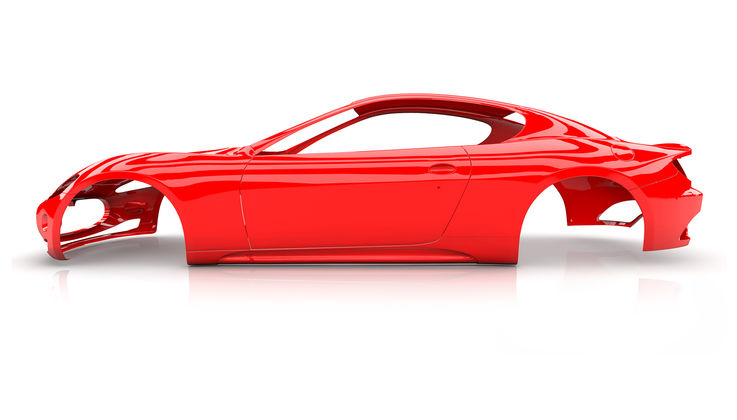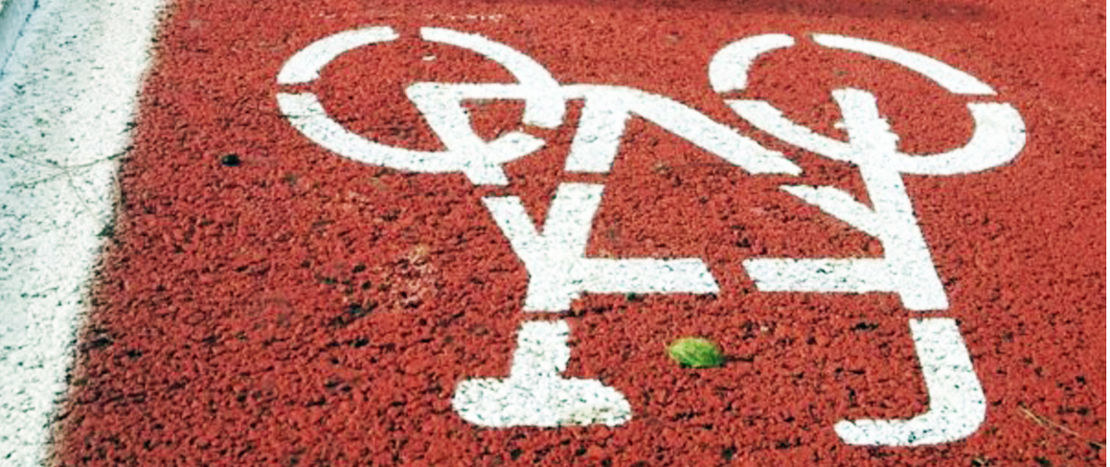
ROAD SAFETY DAY
Safe bike lanes, built quickly
Istanbul Technical University is counting on bikes to replace cars on its campus. Evonik has sponsored one kilometer of the DEGAROUTE® coating for the new cycle lane—impressing the university from start to finish.
Getting quickly from one lecture to the next – due to the size of Istanbul Technical University (ITÜ), this was often only possible by taking the car. Now, a six-kilometer (3.7 mile) bike lane across the campus provides an environmentally friendly alternative. It is part of the “Green Campus” project, which is supported by Evonik: The company has sponsored one kilometer of the new bike lane and coated it with a durable MMA cold spray plastic. The rapidly processed two-component system is based on DEGAROUTE® reactive resins and can be used for a variety of applications including flat line, structured and profile markings.
ITÜ lays claim to being one of the world’s oldest technical universities. It can look back on 250 years of history. The infrastructure on the campus was originally designed for car and truck transit – bike lanes and pedestrian routes were not catered for. “And that’s not the only reason why the realization of a bike lane was a major challenge for the university,” says Sis Alkan, head of Building and Technology at İTÜ.
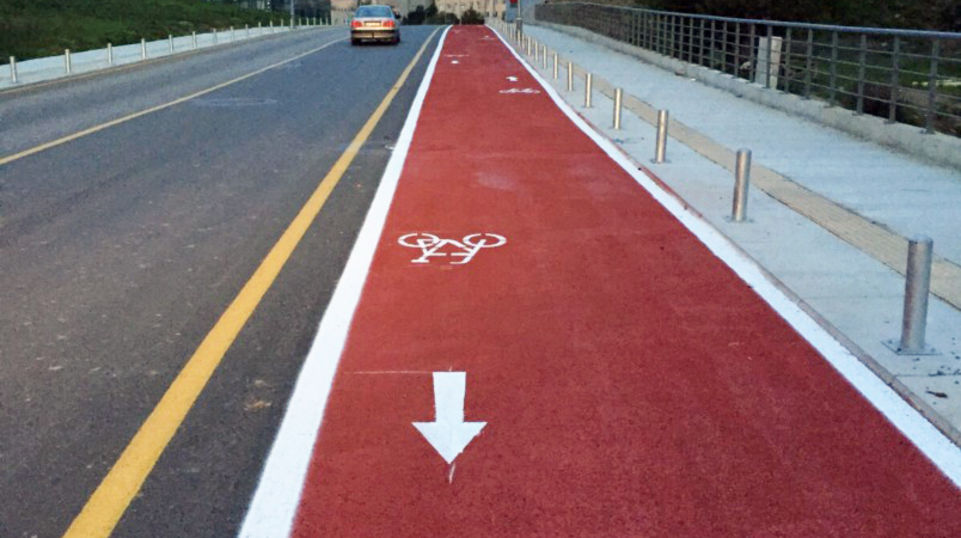
ITÜ is also a state-run university so it has a limited budget. Similar environmental initiatives are being carried out at other third-level institutions in Turkey but they do not have this holistic perspective that we are pursuing with the “Green Campus” project.” The limited funds available forced the planners in this case to consider new ideas. “During the course of our research, we came across Evonik and its DEGAROUTE® product,” explains Alkan.
“We believed in the idea right away and decided to finance a kilometer of the bike network,” says Evonik’s Serkan Akoğlu, who is responsible for DEGAROUTE® road markings in the Eastern Europe market. The Altekma Group, a customer of the German specialty chemicals company, applied the lane markings in a two-layer system.
The advantages: “Of all the possible systems that are available globally, the DEGAROUTE® based two-component spray marking is the most durable material. It can be applied quickly and the road can be opened to traffic in minimal time. The product hardens within 20 minutes.”
To make the bike lane as safe as possible, a base layer with anti-skid aggregate was applied followed by a top coat. “This created a anti-skid surface,” says Melih Durmuş from the Altekma Group. In less than three days, the entire markings were applied and the work completed. A total of four metric tons of materials were used to treat the approximately 2,600 square meters (27,986 ft²) of bike lane.
Serkan Akoğlu points out another benefit: Since the material adheres very well to concrete and asphalt, even thin layers are highly durable. Users who need to provide costings can influence the budget by adjusting the thickness of the application.
The head of Building and Technology at ITÜ is excited about the new Evonik technology: “In the past, we used a different system – but that was a protracted process and was very complex.” It took 22 days to create a lane of 800 meters (0.5 mile) and when the temperatures got too low, the lane markings could not be applied. “Therefore, it has been decided to use the new two-component spray marking for all our bike lanes in the future.”
Another key advantage is the sustainability of the system: “Repairs and finishing works are no longer a problem.” With other systems used in the past, the wear on the paint was much more severe. It was necessary to remove the entire surface of the lane and then apply the coating all over again. “With the Evonik system, the whole process is much simpler.”
In addition to the new bike lanes, the university is now planning to open a bike store on the campus. The store will stock bikes that are affordable to both university employees and students. A bike workshop is also planned as well as a bike-rental scheme. The goal is to reduce the dominance of the car on campus – students will be able to go quickly, safely and in an environmentally-friendly mode from one lecture to the next.

